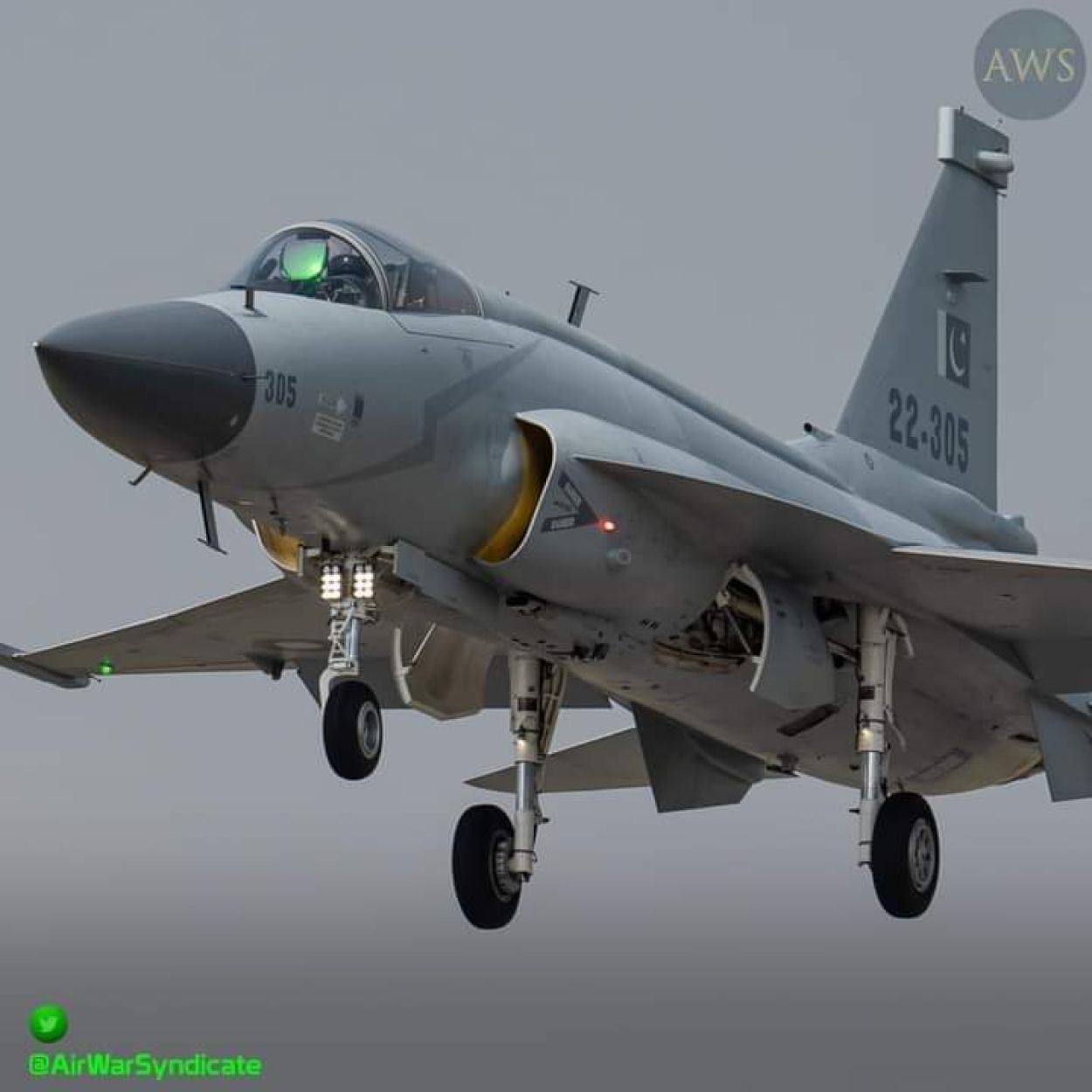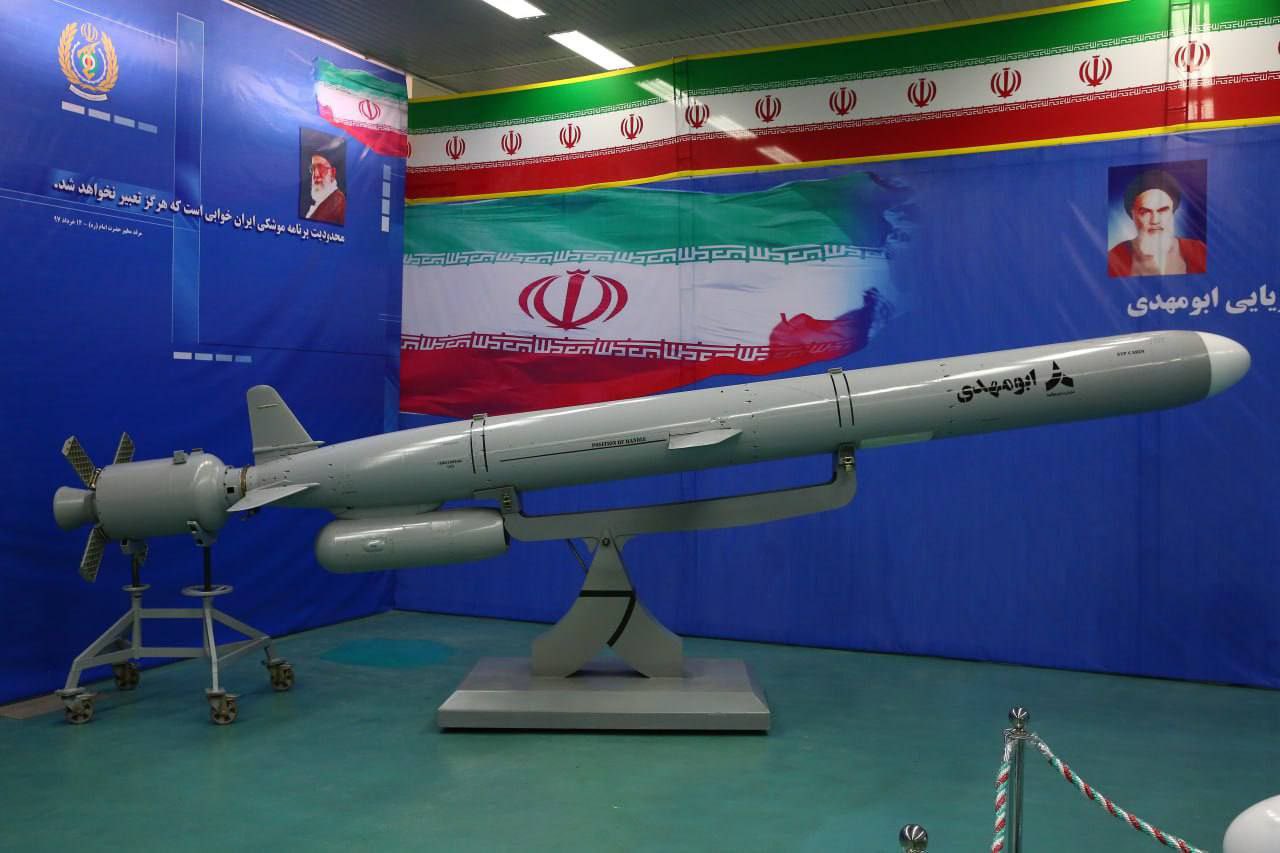Pakistan might keep on trying its utmost to crush the demands of the Tehrik-e Taliban-e Pakistan (Pakistan Taliban Movement) for an independent Waziristan. The Taliban government in Kabul will not bow down to Pakistan’s desire for space in the West as Islamabad feels sandwiched between hostile India, belligerent Iran, and unfriendly Afghans.
Background
After removing and executing Dr Nagibullah, the elected President of Afghanistan, the Taliban seized power for the first time in 1996. In follow-up, Pakistan’s Intelligence agency ISI used General Babur to raise the Afghan Taliban in Kandahar.
The ominous reason given to justify the creation of a so-called religious force was that with the ouster of Dr Nagibullah’s regime, a sort of anarchy was spreading throughout Afghanistan, and road burglary and other crimes were becoming rampant.
To control the dwindling situation, a force based on Afghan-type morality had to be created. The ISI was able to satisfy the Pentagon for the raising of the Taliban.
Under that plea, the ISI created its clout in the Afghan resistance force and extended its influence over the political affairs in Afghanistan. That began the story of the Afghan Taliban and Pakistan bonhomie.
In the war between the Taliban and the US plus NATO forces that lasted nearly two decades, Pakistan cleverly played its game of hunting with the hound and running with the hare.
The ISI lent material support to the anti-American Taliban through the Pakistani terrorist organizations raised on Pakistani soil essentially to fight the Indian forces in Jammu and Kashmir and partly to assist the Taliban. Pakistan became the proud fighter for the faith and elevated its status among the OIC members.
The Reversal
The ISI-Taliban bonhomie could not last long primarily because Pakistan wants territory in the west, which the Afghan Taliban regime is not prepared to accept, being fiercely patriotic and independent.
The precise bone of contention between Kabul and Islamabad is the notorious Durand Line, which the Afghans of all hues have never accepted, but Pakistan wants to enforce it in all circumstances.
To add to the volatile situation on the Pak-Afghan border region, the Pakistan army’s two military operations against the Pakhtuns of the frontier border, who have formed a veritable resistance force under the name of Tehrik-e Taliban-e Pakistan (Pakistan Taliban Movement) to carve out an independent Pakhtunkhwa or what was earlier known as the North West Frontier Agency under British colonial rule.
Who Are The Pakhtuns?
The Pakhtuns (also known as Pashtuns) are the ethnic Pakhtuns of the Waziristan region that borders both Afghanistan and Pakistan. Ethnically, culturally, linguistically, and historically, they are from the same stock from which the Afghans of that region come.
Their close links with the Afghan Taliban beggar no description. The success of the Afghan Taliban in ousting the American and NATO forces from Afghanistan and establishing their second regime in Kabul emboldened the TTP to intensify and accelerate their struggle for independent Pakhtunistan.
More than 70,000 TTP soldier and their people have been killed by Pakistan in its two military operations in Waziristan. This has intensified TTP’s resistance to Pak intrusion into their region of influence.
Pakistan has often accused the Taliban regime of providing safe haven to the TTP freedom fighters and has been issuing repeated warnings. The Taliban clearly states that their government does not allow Afghan land to be used against a third country.
As far as the TTP is concerned, Kabul has repeatedly said that the TTP freedom fighters are their kith and kin. They have fought shoulder to shoulder with the Taliban against the Americans at a time when Pakistan committed its support to the US. Kabul contends that the TTP is not a foreign force of a foreign country but is a part of their civil society.
Recent Fighting
On March 16, seven Pakistan Army soldiers, including two officers, were killed when six terrorists launched multiple suicide attacks on a security check post in the restive tribal district of North Waziristan bordering Afghanistan, the military said.
A Lieutenant Colonel and a Captain were killed, along with five soldiers. All the six terrorists who attacked the check post in the Mir Ali area were claimed to be shot dead.
According to the ISPR statement, after the troops foiled the initial attempt of intrusion, the terrorists rammed an explosives-laden vehicle into the post, followed by multiple suicide bombing attacks.
Two days later, on March 18, the Pakistani air strikes were carried out in Khost and Paktika provinces bordering Pakistan, according to a Pakistani security and an intelligence official.

Media reports said that airstrikes targeted multiple suspected hideouts of the Pakistani Taliban inside neighboring Afghanistan, killing at least eight people and drawing return fire from the Afghan Taliban.
The Afghan Taliban denounced the strikes as an aggression on Afghanistan’s territorial integrity, saying they had killed several women and children. The defense ministry in Kabul said Afghan forces later that day “targeted Pakistan’s military centers along the border with heavy weapons” without providing details.
Chief Afghan Taliban spokesperson Zabihullah Mujahid said in a statement that the March 18 airstrikes killed three women and three children in the district of Barmal in Paktika province, while two other women were killed in a strike in Khost province.
“Such attacks are a violation of Afghanistan’s sovereignty, and there will be bad consequences,” he said.
The Taliban later retaliated to Pakistan attacks. As per reports, at least four civilians in Pakistan were injured by shelling from across the border, according to Kurram district’s hospital administration. Separately, at least three Pakistan’s military personnel were wounded due to the Taliban shelling, according to reports.
For recollection, in January, Iran conducted a fierce attack on terror bases in Pakistan’s Balochistan province. The attack targeted the Sunni militant group Jaish al-Adl. The attacks were believed to be a retaliatory move in response to a previous assault on an Iranian police station. Pakistan, within 24 hours, launched retaliatory strikes.

Former Afghan President Hamid Karzai vehemently criticized Pakistani airstrikes in Paktika and Khost, considering it a blatant violation of the country’s territorial integrity and international norms.”
حامد کرزی رئيس جمهور پيشین #افغانستان حملات هوایی نیروهای نظامی #پاکستان بر مناطقی در ولايات #پکتیکا و #خوست را به شدیدترین الفاظ تقبیح نموده و آن را نقض آشکار تمامیت ارضی کشور ما و نقض موازین بینالمللی میداند.
حامد کرزی انجام چنین اعمال توسط #پاکستان را به زیان روابط میان هر دو…— Hamid Karzai (@KarzaiH) March 18, 2024
Further Escalation
Considering the chequered history of Afghan-Pakistan relations, it has to be remembered that the Taliban in Kabul thinks of Pakistan in the same terms as the preceding regimes did, viz. Pakistan wants to have space in the West as it feels sandwiched between hostile India and unfriendly Afghans.
Pakistan forgets that through its long history, Afghanistan has remained a fiercely independent country. If it thinks it will have its wishes fulfilled by the Taliban, it is daydreaming.
Pakistani troops are mortally afraid of the TTP’s surprise attacks. They will use Afghan territory for safety. Kabul will not stop them from using their hideouts inside Afghan territory because, during the fighting with the Americans, Pakistan allowed them to use its territory for a hideout.
Pakistan’s air force will continue pounding settlements inside Afghanistan, and Kabul cannot stop the attacks because it does not have the air force to check the strikes by Pakistan. The Taliban will use its ground forces to push back the Pakistani frontline military or police posts and will pressurize them to keep away from the Durand Line.
This fighting may remain confined to the border and may not spread into a full-scale war between the two sides. We do not think any foreign power would be interested in playing a role in the bilateral skirmishes.
It could be a long-drawn process. Islamabad and Kabul both have good relations with China and can bank on Chinese goodwill. However, even if China is disposed to intervene, it will not be possible to remove the Taliban antagonism of Durand Line from its mind.
For India, the TTP may or may not have any goodwill, but the Afghans generally have a good opinion about India. While India provided medical facilities during the COVID-19 pandemic, New Delhi also managed the supply of wheat to Afghanistan when it faced a grain shortage.
Even during previous regimes, India maintained cordial relations with Afghanistan. Pakistan has to concede the TTP’s demand for an independent Waziristan since it is the only right solution to the problem of a TTP armed uprising.
- OPED By KN Pandita.
- Prof. Pandita (Padma Shri) is the former director of the Center of Central Asian Studies at Kashmir University. Views Personal Of The Author.
- Follow EurAsian Times on X (formerly Twitter)




